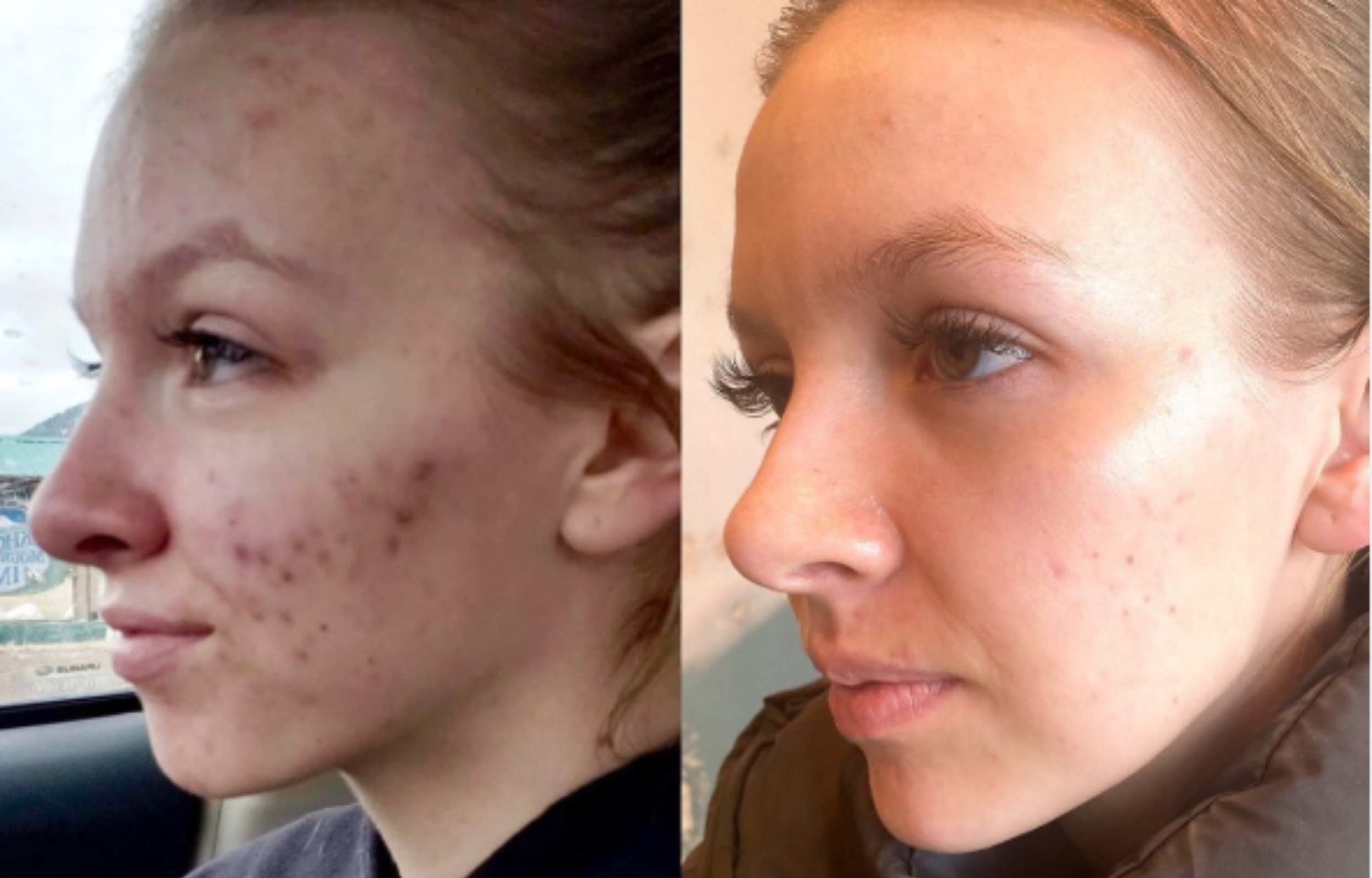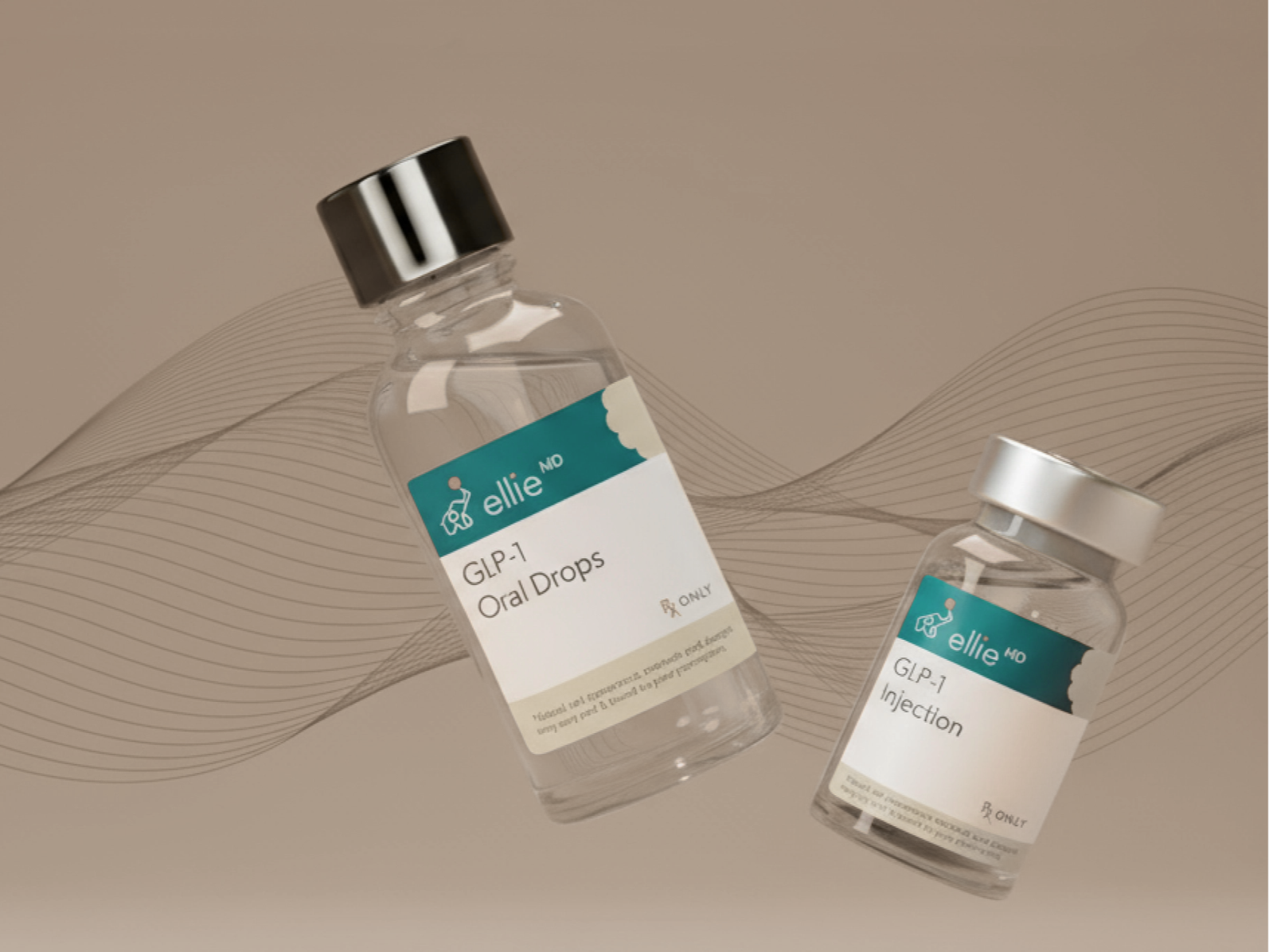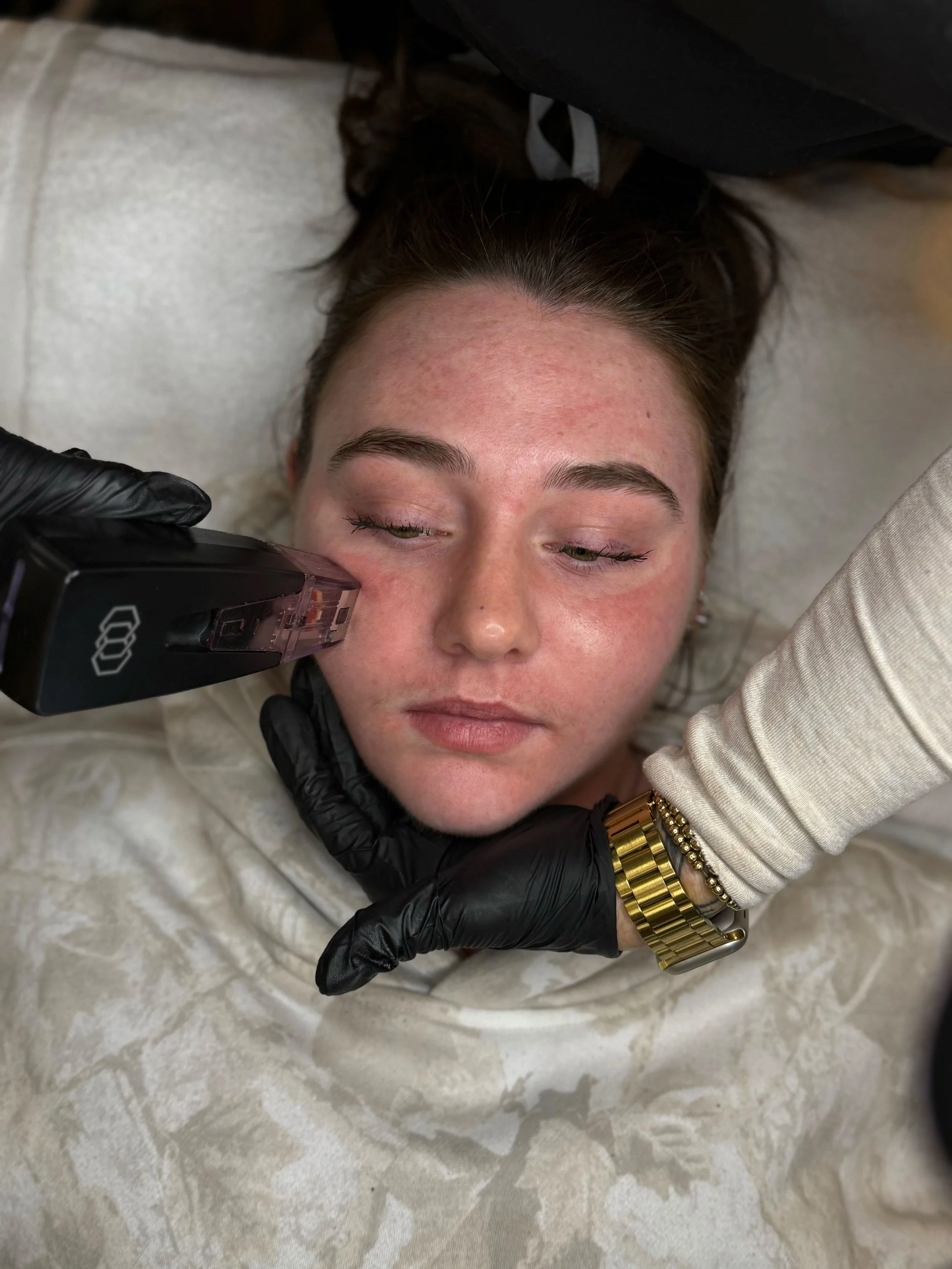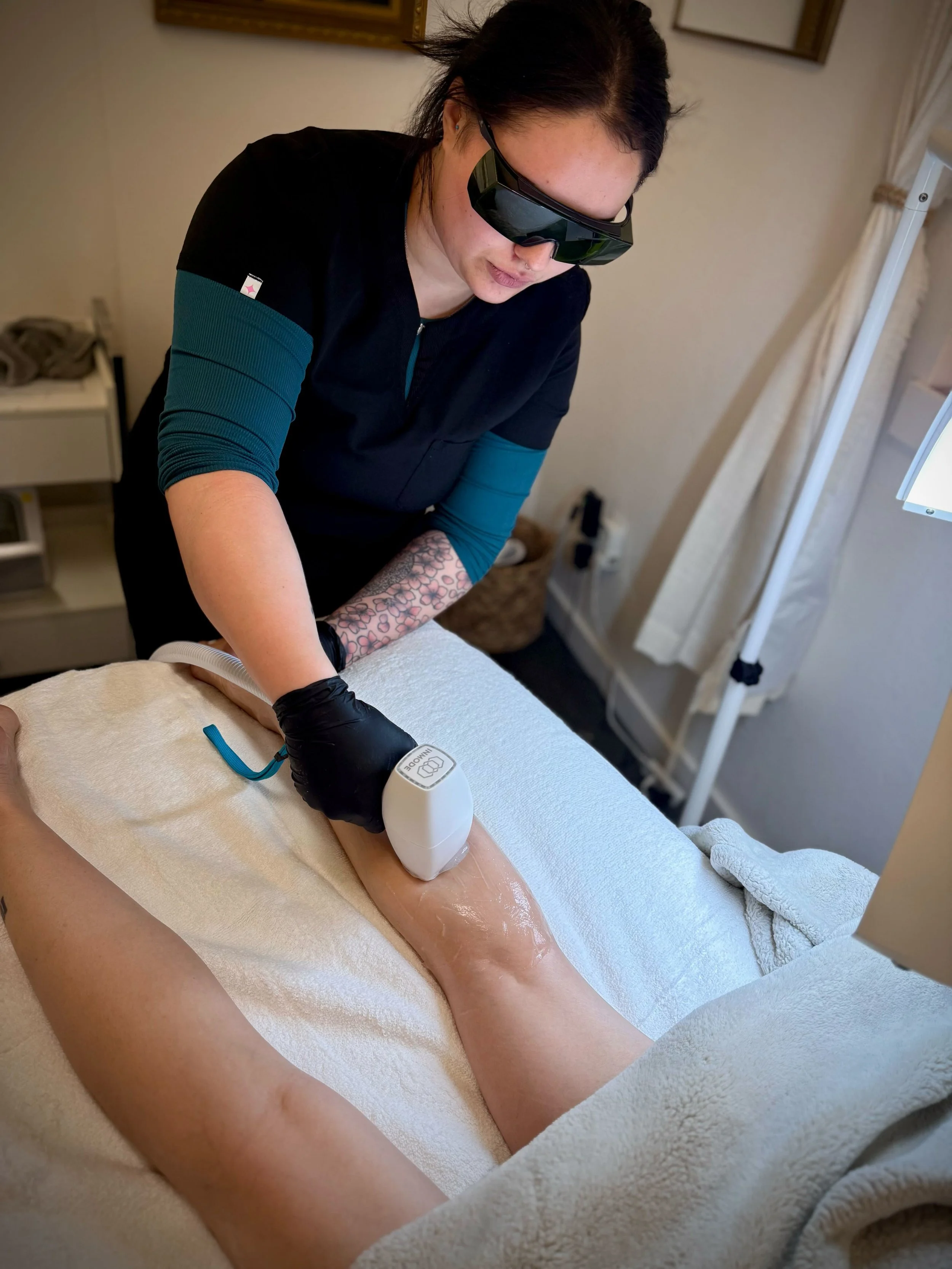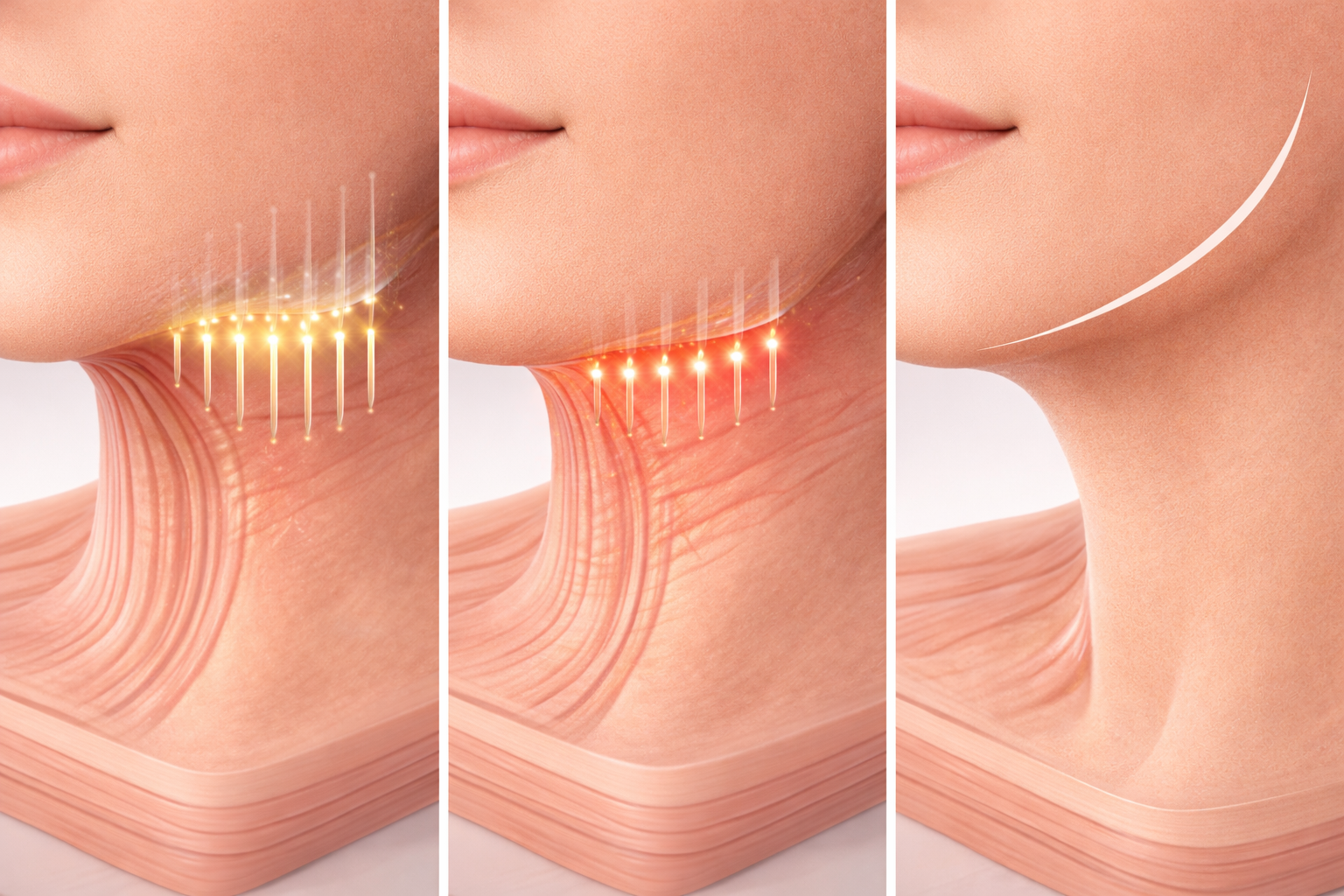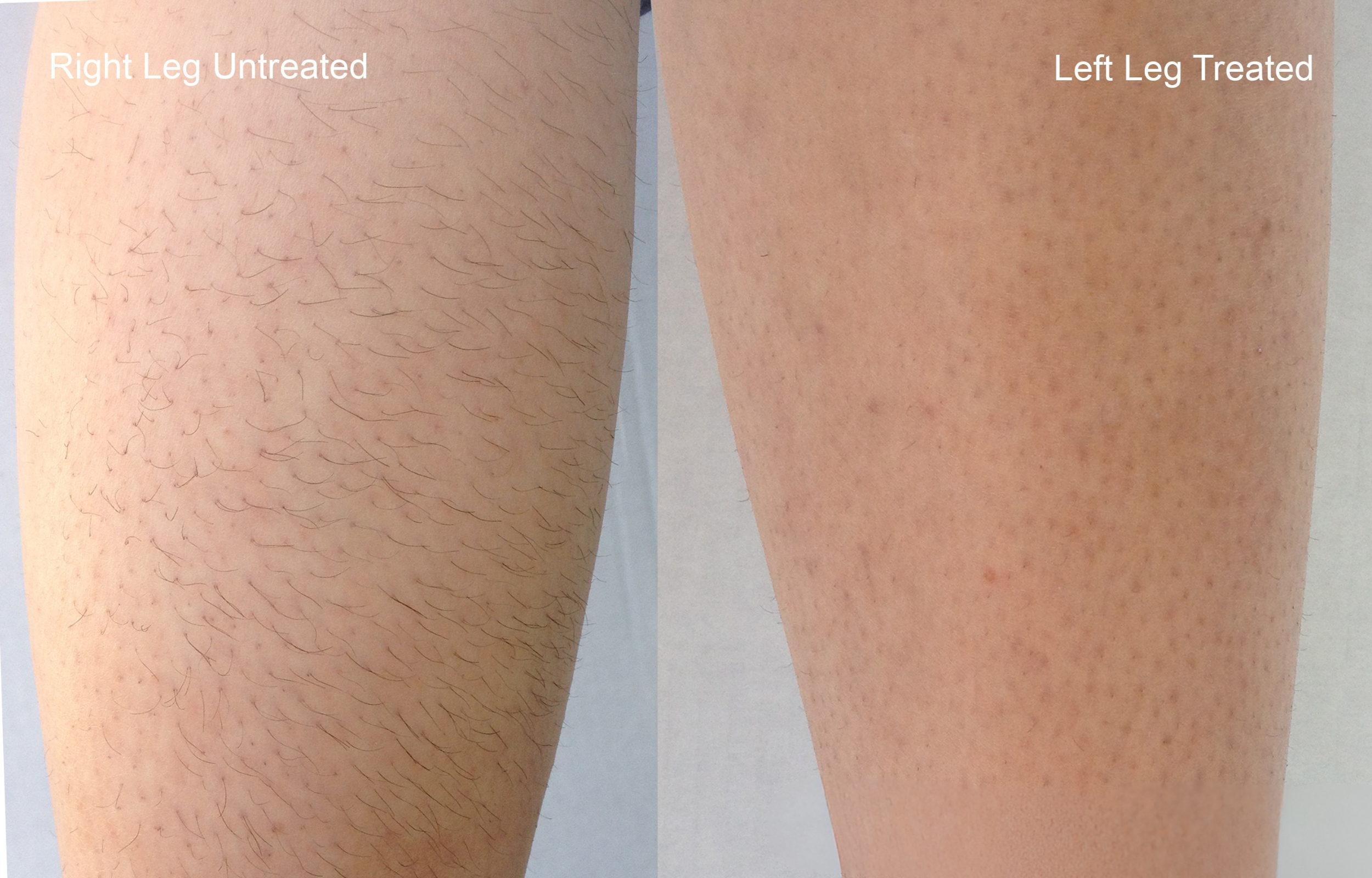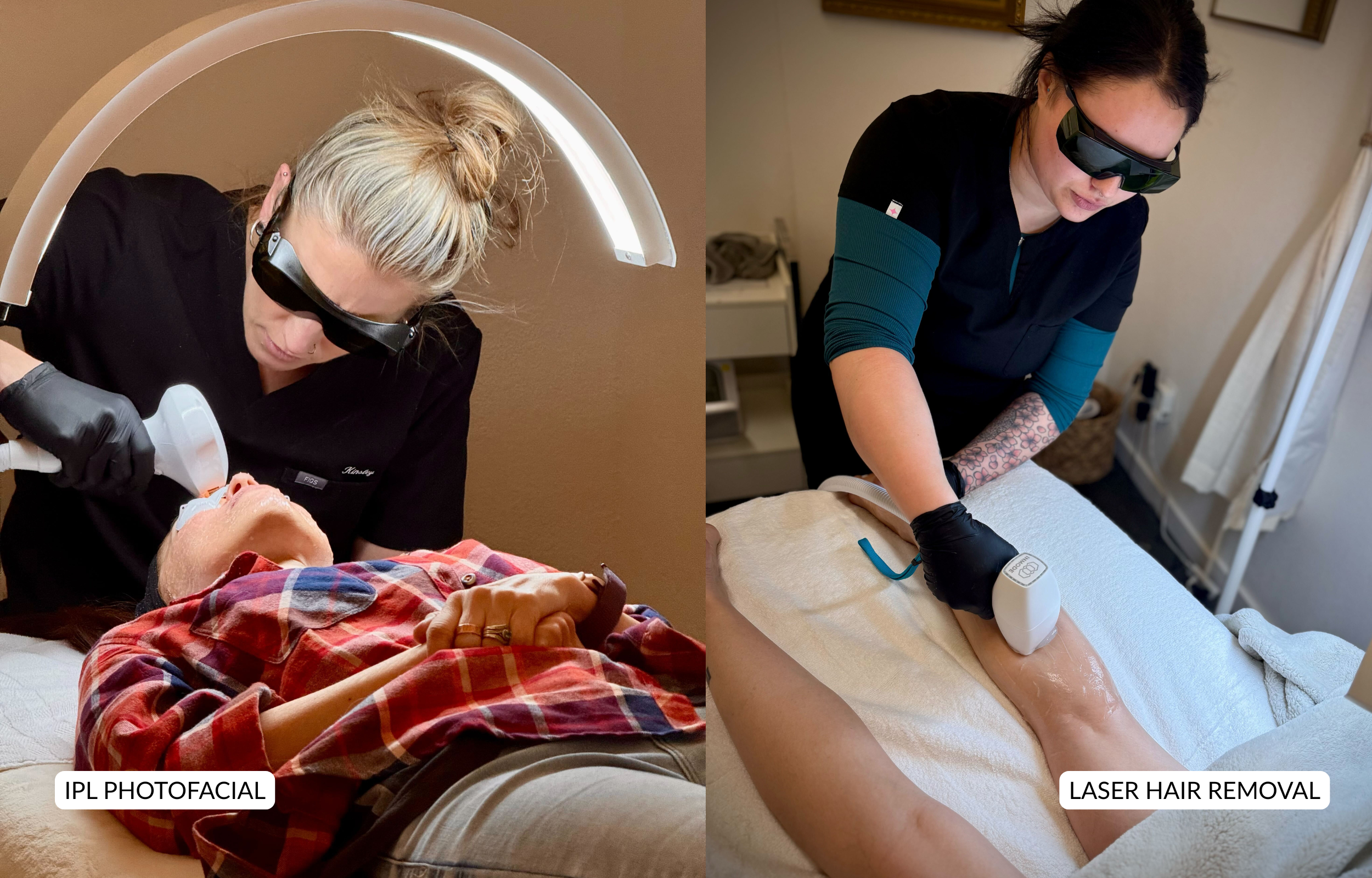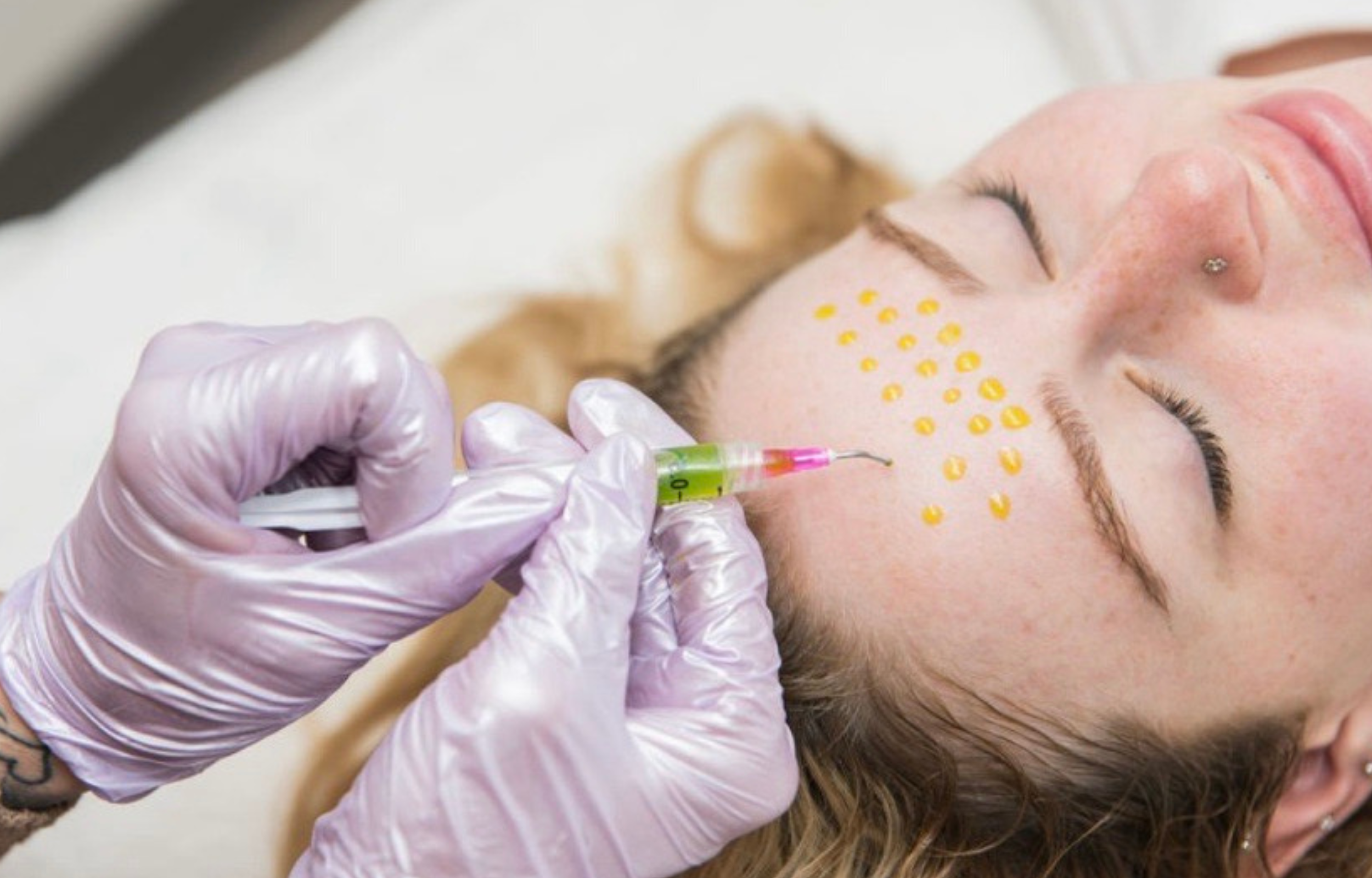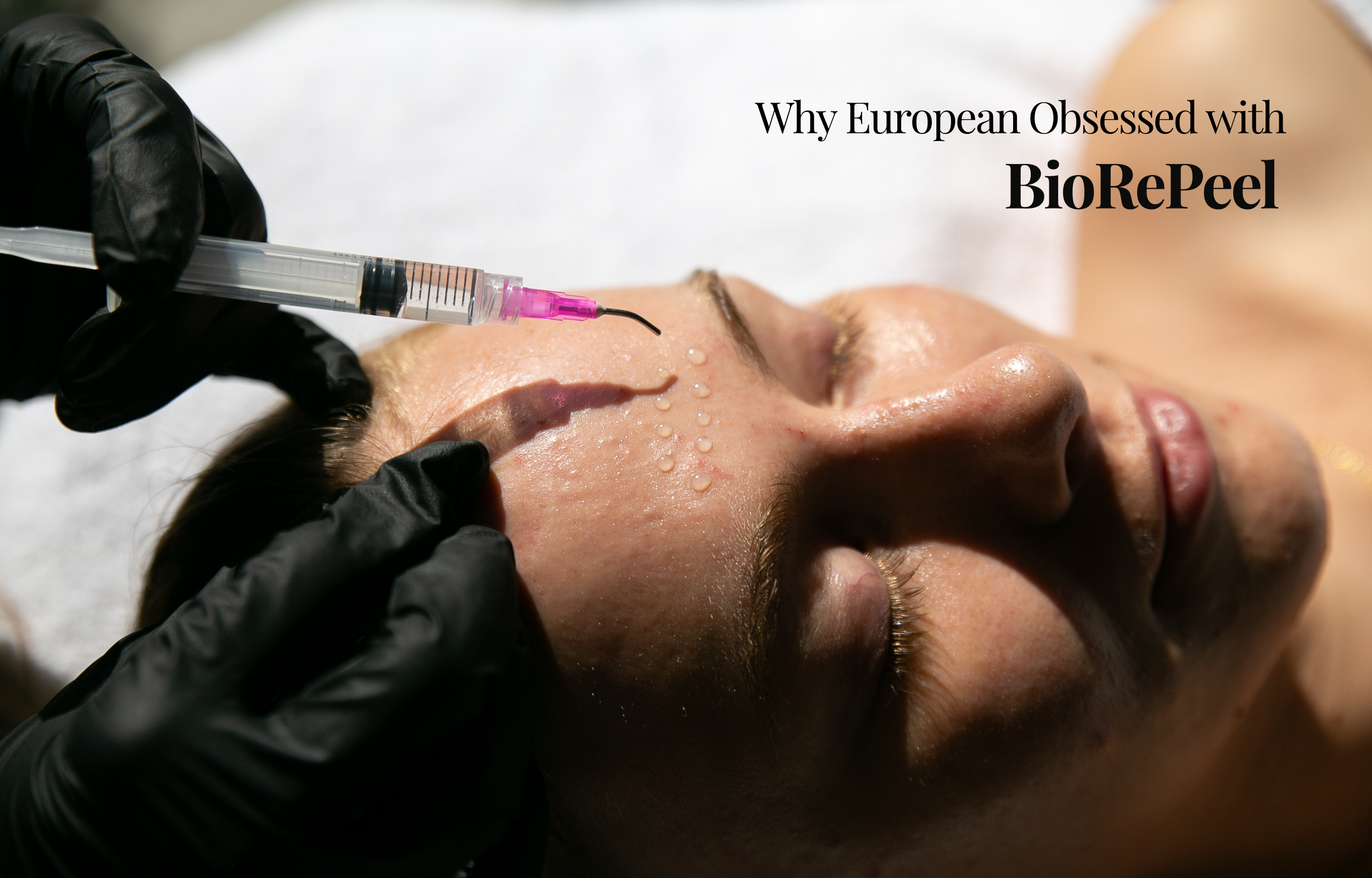Acne: A Skin Condition That Can Be Managed, Not Blamed
Acne is one of the most common skin conditions, affecting millions of people worldwide. Yet, despite how common it is, many myths and misconceptions surround it. Too often, individuals with acne are made to feel like they’ve caused their breakouts or could have prevented them if they just tried harder.
The truth is simple: acne is not your fault. It’s not a reflection of your hygiene, your worth, or your effort. Understanding what acne really is-and isn’t-can empower you to manage it effectively and with compassion for yourself.
Acne: A Disorder of the Pore
At its core, acne is a disorder of the pore. Each pore on your skin contains a hair follicle and an oil gland. When these pores become clogged with excess oil, dead skin cells, or bacteria, breakouts can occur.
Professional often refer to acne as a disease of the pore, and this is an important distinction: it emphasizes that acne is a medical condition, not a personal failing. Just like any other medical condition, understanding its causes and triggers is the first step in proper management.
Hereditary Factors Play a Major Role
One of the strongest influences on whether you develop acne is heredity. If your parents or other close relatives struggled with acne, there is a higher likelihood that you will, too. This is because the way your pores function, how much oil your skin produces, and how your body responds to inflammation are all influenced by your genes.
Remember: acne can run in families, which means it is often part of your skin’s natural biology - not something you did wrong.
Triggers vs. Causes: Understanding the Difference
One of the most harmful misconceptions about acne is the idea that it’s caused by poor choices or bad habits. Acne is not caused by your diet, your skincare routine, or your lifestyle.
However, certain factors can trigger or flare acne if you are already prone to it, including:
Stress: Emotional or physical stress can increase inflammation and oil production, which may worsen breakouts.
Hormonal fluctuations: Common during puberty, menstrual cycles, pregnancy, or periods of stress.
Certain foods: While your diet does not cause acne, some foods—especially those high in sugar or dairy - can occasionally aggravate an existing condition.
Improper skincare products: Heavy, oily products can clog pores and trigger breakouts in acne-prone skin.
The key takeaway: triggers do not cause acne. They may worsen an existing condition, but the underlying disease of the pore exists independent of these external factors.
Acne Is a Chronic Condition That Requires Management
Another important truth about acne is that it is not cured, it is managed. Acne behaves similarly to chronic conditions like asthma or diabetes - it requires ongoing attention, patience, and the right approach to keep it under control.
This does not mean there is no hope. In fact, there are highly effective ways to manage acne, reduce breakouts, and restore confidence. These may include:
Professional treatments from dermatologists or licensed skin specialists
Medical-grade topical treatments to reduce inflammation and unclog pores
Lifestyle support to minimize triggers without blaming yourself
When managed properly, acne can become a condition that no longer disrupts your life or your confidence.
A Compassionate Approach: Acne Is Not Your Fault
Perhaps the most important message we want to share is this: acne is not your fault. It is a hereditary skin condition, a disease of the pore, and a medical issue that no amount of scrubbing, dieting, or self-blame can fix on its own.
Instead of guilt or shame, what you need is understanding and the right plan to manage the condition. By working with knowledgeable skincare professionals, using the right acne treatments, and addressing triggers without blame, clear and healthy skin is absolutely achievable.
Final Thought
Acne is not a reflection of who you are - it’s simply a skin condition that can be managed with the right guidance and care. Releasing blame and embracing a compassionate, informed approach is the first step to both clearer skin and greater self-confidence.
Related Blog - The Truth About How to Treat Your Acne-Prone Skin
Watch on Instagram
Skin Bliss was voted the #1 Best Skincare Clinic in Helena in the 2025 Best of Helena Awards. Helena’s premier destination for personalized skin health solutions.

